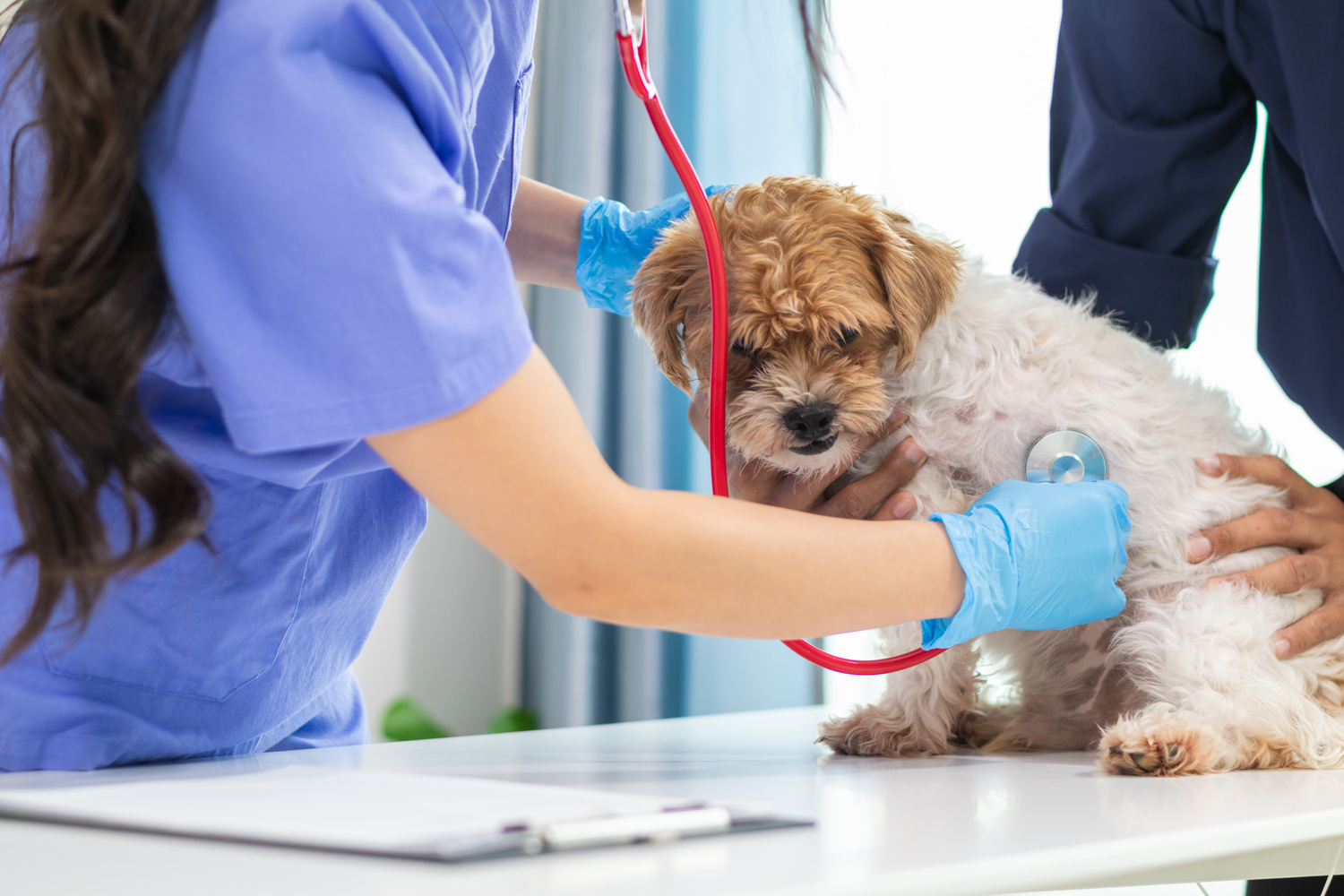Does Your Dog Have Gas? Try These Food Solutions
If your dog seems to frequently pass gas or struggles with symptoms like abdominal bloating, loose stools, and vomiting, the right dog food that helps with gas could provide some relief. The experts at Nextrition say that making careful adjustments to their diet along with other remedies can get to the root cause of their digestive troubles.
Understanding the Digestive System
A dog’s gastrointestinal system works hard breaking down food and absorbing nutrients. The short transit time mixed with fewer enzymes to help the process makes dogs prone to sensitivity and indigestion when certain foods or ingredients cause problems.
This allows bacteria to release excess gas and digestive discomfort. Changing foods supports healthy gut flora populations and reduces irritation. When their body can optimally process meals, gas and associated issues dissipate.
How Ingredients Impact Digestion
Some carbohydrates provide soluble fiber that forms a gel-like barrier protecting the gut lining during digestion. Gentler options like white rice, oatmeal and sweet potatoes make digestion easier. Hard-to-break-down proteins become extra work as well.
Richer meats and fatty oils linger longer during processing, which gives bacteria longer to release gasses. Going with lighter proteins like fish, poultry or cold pressed dog food with fewer additives and gentler nutrition simplifies the demands on the stomach.
Transition Gradually Between Diets
Sudden switches between dog foods can worsen tummy troubles initially as the body adjusts. Gradually transition over 5-7 days, slowly increasing new food while decreasing old. Give gastrointestinal bacteria and enzymes time to adapt.
Stop if digestive upset flares, then increase transition time. Probiotics and enzymes support healthy gut microbes too. Once transitioned fully to a new food, stick with it consistently for regular digestion.
Add Supplemental Probiotics
Gassy dogs often have fewer good gut bacteria, allowing populations like E. coli to spread, which give off more gas. Soluble prebiotic fibers in food provide nutrients with good microbes need. Supplemental probiotics contain strains of beneficial bacteria.
Products listing colony counts of specific species known to improve intestinal health work better. Give apart from antibiotics so those don’t inadvertently kill probiotics. Added gut microbes bring bacterial digestive balance to prevent gas.
Review Ingredient Sourcing
Labels reading “cold-pressed” mean food is gently processed at lower temperatures to retain nutrition without loads of stabilizers. This leaves original enzymes intact which support easier digestion. Human grade, all-natural ingredients avoid unwanted additives.
Add Moisture to Dry Food
Kibble alone doesn’t contain enough moisture for some dogs, forcing the body to pull fluids from elsewhere, which disrupts digestion, allowing gas production. Simply adding water, broth or a spoonful of wet food provides extra fluid. Dogs prone to dehydration need ample clean water and increased fluids for consistent gastrointestinal health. Check for symptoms like lethargy and tacky gums, indicating imbalance.
When to See the Veterinarian
For acute vomiting, diarrhea and gas pains, temporarily fasting from all food allows a rest then reintroduce bland foods gradually. Call your vet if severe symptoms last over 48 hours or new issues arise, signaling secondary conditions. They can prescribe medications to settle digestion.
For lasting issues without explanation, discuss performing an elimination diet under guidance. This systematically rules out ingredient intolerances. Detect triggers to conclusively pinpoint dog food that helps with gas instead of aiming symptoms. Lasting relief starts with proper diagnosis.
Conclusion
If your dog frequently seems gassy or struggles to digest meals, targeted diet changes make a significant difference. Seek digestible proteins and gentle fiber sources in limited ingredient dog foods, enhance moisture and healthy gut bacteria, and simplify sourcing and processing. Pair dietary support with rest during flair ups. Achieving better digestion and nutrient absorption minimizes excessive gas. Your dog’s gut will function optimally again.





